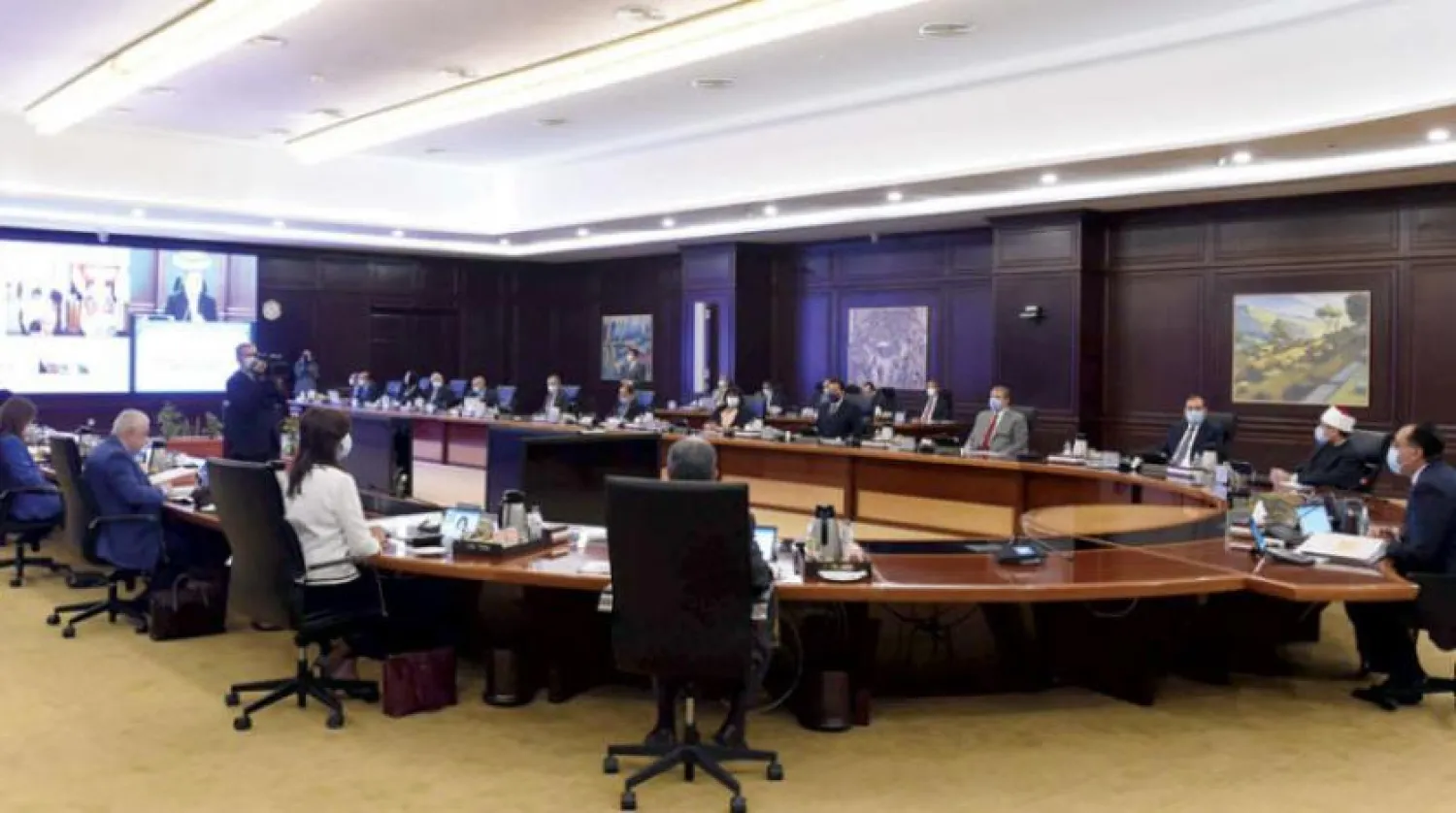Egypt’s Minister of Health and Population Hala Zayed said that the number of coronavirus vaccination centers has been increased to 657 from 580, building on the government’s pledge in June to inoculate 40 percent of the population by the end of this year.
During a cabinet meeting in New Alamein on Wednesday, the minister noted that the US Centers for Disease Control and Prevention has underscored the significance of vaccines in light of the emergence of the Delta variant.
Egyptian Prime Minister Mostafa Madbouly prioritized vaccinating university and school staff and students ahead of the new academic year.
Zayed said vaccination stations that have been set up at university hospitals to inoculate medical staff will handle the rest of the faculty in each university.
They will also administer the second dose of vaccines before the beginning of the new academic year.
Additionally, the Health Ministry has set a mechanism for vaccinating workers at the Ministry of Education and Technical Education.
Moreover, Zayed addressed the current situation of supplying AstraZeneca, Sinovac, Sinopharm, Sputnik, and Johnson & Johnson vaccines. She noted the quantities of raw materials for manufacturing vaccines in the VACSERA factories that should be received by the end of the year.
Six million doses will be released gradually starting September 5.









